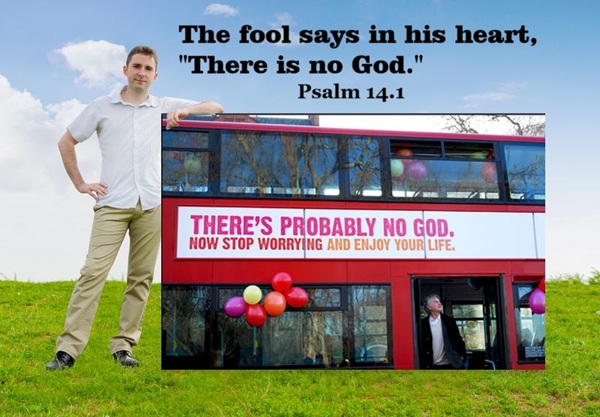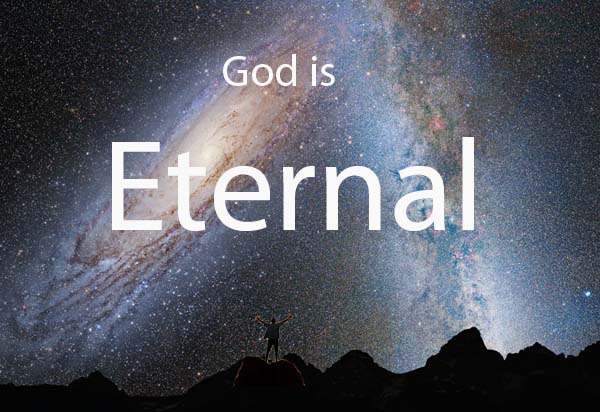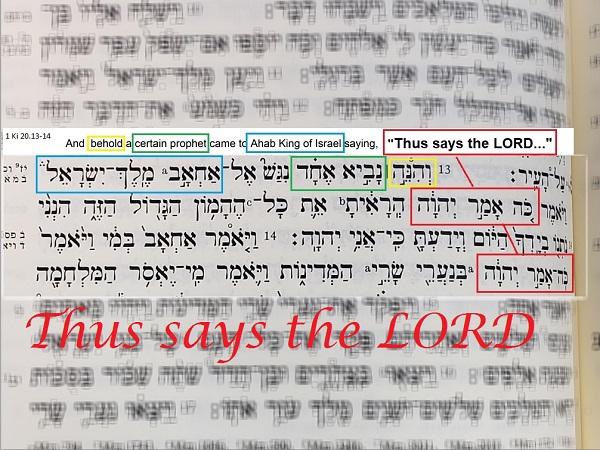The first thing I notice about the person asking this question is the extreme disrespect on display in the question: “Only morons would believe in an invisible magic sky-daddy like God.” Like the ignorance of those who crucified the Lord and did not know what they were doing (Luke 23.34), this person does not realize that in his reference to God, he is insulting and blaspheming the person with the power to send him into everlasting condemnation. (Luke 12.5) Continue Reading
Category Archives: God
An Advent Sign by Faith – A Christmas meditation
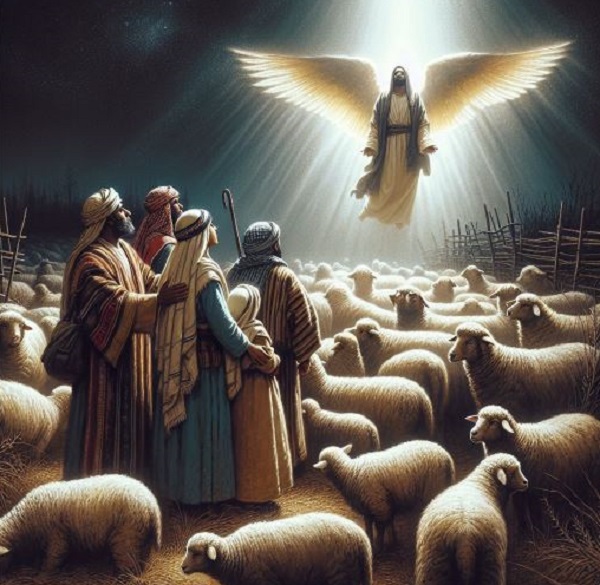
An angel announces the birth of the messiah to shepherds watching their flocks by night
This Christmas I wanted to bolster the faith of those who believe, inspire faith among those have not yet believed, and I wanted to do so by means of a clear sign or, alternately, a vision–not necessarily a supernatural sign but a natural (non-supernatural) sign. I wasn’t sure that would be possible since it is God who is the author and producer of signs, and I wasn’t sure he’d give one for this humble article. But as I was meditating on the advent narratives and praying about this, God graciously granted my request by opening my eyes to a sign I had not seen before. As I pondered it, it occurred to me that I was not the only one who missed it all these years for reasons explained below. We’ll get to that sign in a moment.
Now, with regard to signs, some may not realize this, but not all signs from God are supernatural. God does not always supernaturally manipulate the natural. Sometimes he simply works behind the scenes to bring about the indicated signs using only natural (non-miraculous) means.
Creation and Inerrancy: Evaluating the Mortenson vs Ross Debate

“Watch out for false prophets. They come to you in sheep’s clothing, but inwardly they are ferocious wolves. (Mat 7:15)
There was a recent[1] debate on creation and inerrancy which addressed the question: “Does belief in inerrancy necessitate a particular view of the age of the earth?”[2] In contrast to U.S. political debates this election cycle where moderators prop up one candidate and challenge the other one, this debate was moderated fairly by apologist Frank Turek who holds to the old earth position[3], though you couldn’t detect it from the way he moderated. Debater Terry Mortenson holds to the young earth position, as do I, and the other debater, Hugh Ross, holds to the old earth position. Continue Reading
Q27 Christianity is anti-intellectual. I’d be embarrassed to say I believed any of it.
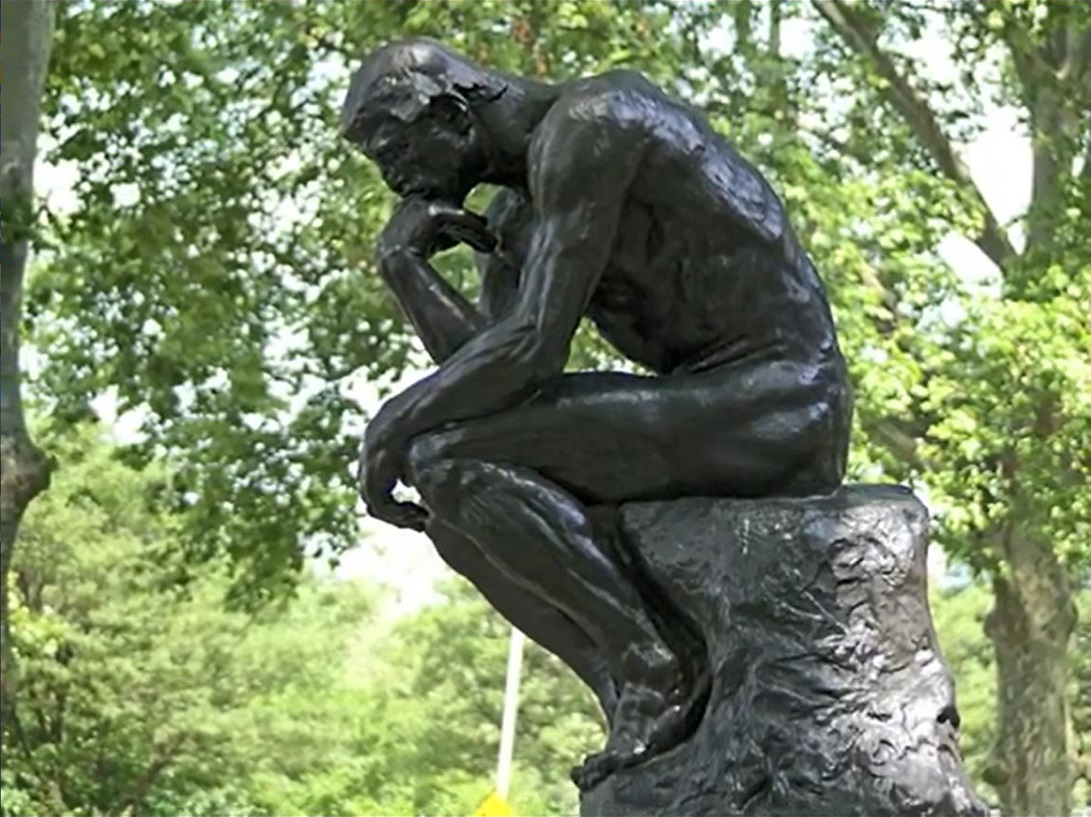
“The Thinker” by Auguste Rodin
Before showing the foolishness of being embarrassed when said embarrassment is caused by ignorance of Christian belief, we must deal with the lead and clearly false statement “Christianity is anti-intellectual” which shouts a demand for a definition of “anti-intellectual.” So let’s start there.
From Merriam Webster online:
anti-Intellectual: (adjective) “opposing or hostile to intellectuals or to an intellectual view or approach” [1]
So what’s “Intellectual”? Again from Merriam Webster online:
Intellectual (adjective)
a : of or relating to the intellect or its use
b : developed or chiefly guided by the intellect rather than by emotion or experience : RATIONAL
c: requiring use of the intellect2 a: given to study, reflection, and speculation
b: engaged in activity requiring the creative use of the intellect [2]
Christianity meets all the definitions of being intellectual, therefore based on the logical principal of non-contradiction, since Christianity is intellectual, it cannot be anti-intellectual. To be precise, Christianity meets all the above uses of the word “intellectual.” For intellectuals who may question it, following is a brief illustration that Christianity in fact meets all aspects of being intellectual.
Q17: You say everything needs a creator, so who created God?
The question “Who created God?”, is at the heart of the matter for Question 17: “You say everything needs a creator, so who created God?” and it shows a severe misunderstanding of both the nature of God and the cosmological argument for the existence of God—specifically the Kalam cosmological argument [1]. Let’s start with the Kalam cosmological argument, which makes it easy to see where the error crept in.
Apologist William Lane Craig has used this argument as one of the premiere arguments for the proof of the existence of God, so it’s in many of his books. As he points out in “On Guard”, it’s simple, easy to memorize, easy to share and logically “airtight.” It goes like this: Continue Reading
Dune 2 – Reflections on a Secular Messiah
I went to see Dune 2 this past weekend. I went to enjoy, not take notes for a review, so I don’t consider this a formal movie review. Rather, it’s an informal reflection on themes in this and other movies that deal with control of the world and those who vie for that control, whether those who would control it are presented as a messiah (as in Dune) or a megalomaniac (as in most other Sci-Fi and Fantasy thrillers). Continue Reading
Q21 How can Christians think their way is the only way? Part2: Theological Considerations

How can Christians think their way is the only way? Part 2: Theological Considerations
As I pointed out in part 1 of this article, followers of Jesus don’t insist on “our” way, we insist on abiding by the truth. That truth is Jesus is the only way to God. There are many signs pointing to that truth, starting with Jesus saying, “I am the way the truth and the life. No one comes to the father except through me.” (John 14.6)
I wrote part 1 of the answer as a Christmas meditation that focused on the signs that point to the one way that God provided: Jesus. As a meditation, it did not go beyong that single focus, but, as I mentioned in that first article, now I want to move beyond that to examine theological and philosophical considerations. These considerations are questions that are not adequately answered by any other religion, making Christianity unique among all religious belief systems. Christianity alone has both the answers to, and makes sense of, the philosophical question of why Jesus is the only way and thus why Christians are correct to proclaim that.
Theological Considerations
Question Number 1: What to do about the Sin Problem? Continue Reading
Is the Bible the Word of God?
An agnostic sent a question about the word of God to Creation Ministries International. CMI retweeted it here, the full question is here and is answered by CMI rep Jonathan Sarfati. Sarfati approaches it on the basis of valid, internally consistent philosophical systems. But I want to take it in a different direction and answer it evidentially. That is, is there evidence that the Bible is the word of God? So in this article we’ll to take a look at the heart of the question and address the key issue which, as the agnostic puts it, is this:
I’m not denying that the bible is an excellent book, nor that it may be the word of God, but I will question one tenet:
That the Bible must be the word of God, because it says so.
Now, consider me heretic, but it strikes me that this is a ridiculous line of thought to take? If I were to say that my face was made of cucumber, and I’m four hundred years old, would that make it so simply because I said so?
I’m not entirely convinced that it would.
Proxy Wars

“The Culture war that is a proxy war to the spiritual war.”
This is a recurring phrase in the below video of Seth Gruber giving a powerful pro-life message and explaining The White Rose Resistance. Gruber uses that recurring refrain (viewable, for example, at 26:42, 35:56, 1:05:11 among others) to describe how Satan’s strategy for deceiving people into killing babies has not changed over the millennia. And it got me to thinking of other proxy wars. Continue Reading
Don’t get your Theology from an Atheist
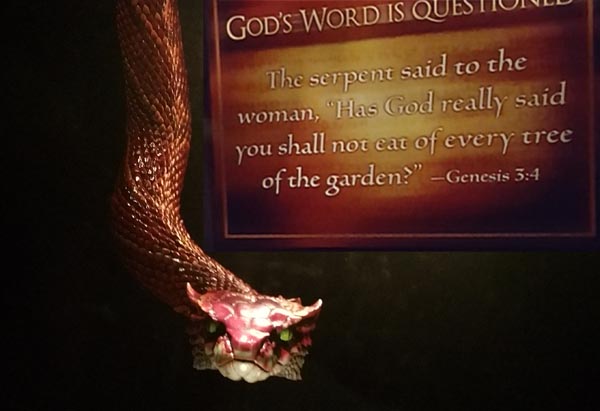
There are a lot of falsehoods, misinformation and outright lies on the internet. But there is also truth on the internet so you must be careful to discern the truth from the falsehoods, the fact from the fiction. In this post I want to highlight a good rule of thumb to consider when people start discussing theology or Christianity or religion with you. Here’s the advice: Don’t get your theology from an atheist.
This should be obvious, but to clarify, there’s a saying that has been going around online, at least on Twitter, that imparts a valuable piece of wisdom: “Only a fool would allow his enemies to educate his children.” Continue Reading

